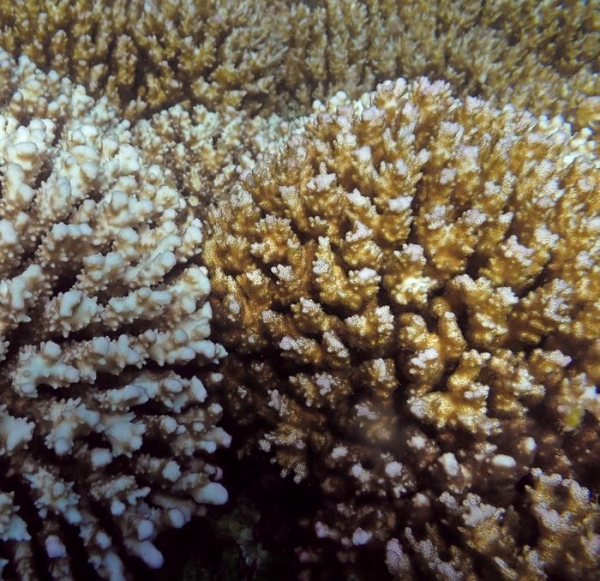If, as the saying goes, "nothing in life is free," then corals might pay a price for being resilient to climate change. Indeed, the prevailing belief among scientists has been that corals must suffer reduced growth or other tradeoffs when they partner with symbiotic algae that help them tolerate warmer water. Yet, new research led by Penn State demonstrates that certain corals can have their cake and eat it too, and as a result, these coral-symbiont partnerships may come to dominate reef ecosystems in a climate-changed future.
“Our findings refute the general perception that reef-building corals with thermally tolerant algal symbionts grow poorly,” said Todd LaJeunesse, professor of biology, Penn State. “Instead, these warm-adapted partnerships better tolerate severe marine heatwaves and are likely to expand ecologically and dominate reef ecosystems in the future. While reefs of the future may not look pretty — with low diversity and greatly diminished ecosystem services — the resilient animals left behind will likely continue to provide food and habitat for other animals, and some reef growth to the ecosystems they’ve created.”
LaJeunesse explained that coral reefs are geologic structures created by coral colonies comprising tiny individual sea-anemone-like polyps whose tissues contain dense populations of photosynthetic algae, called "dinoflagellates." These dinoflagellates — which researchers call "symbionts" — vary in their ability to tolerate high temperatures. When the ocean gets too warm, many symbiont species die, and their coral hosts die along with them. And when coral reefs collapse, fisheries, tourism and ecosystem services, such as hurricane buffers, are also at risk.
Read more at: Penn State
Corals that associate with D. glynnii (right) are at an advantage during extreme heat events compared to corals that associate with C. latusorum (left). (Photo Credits: David A. Paz-García)


